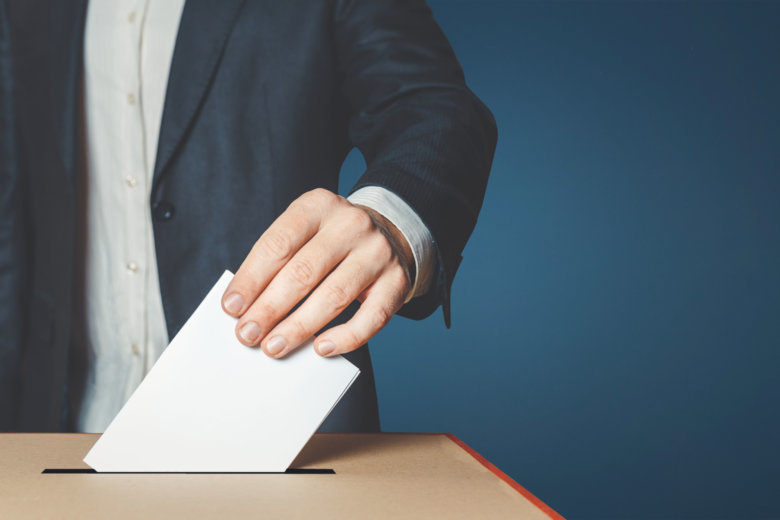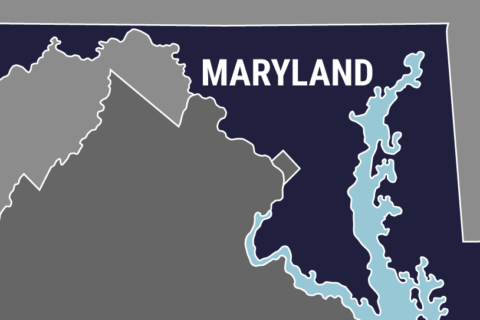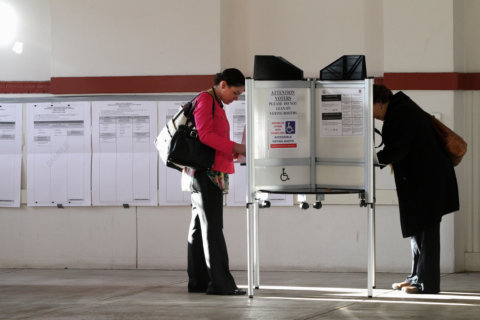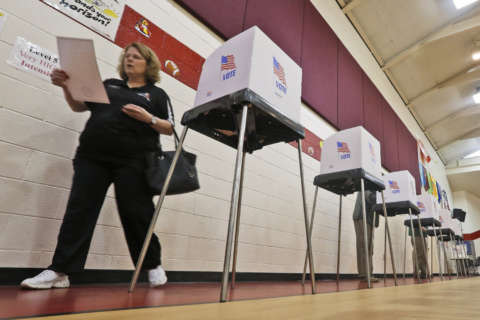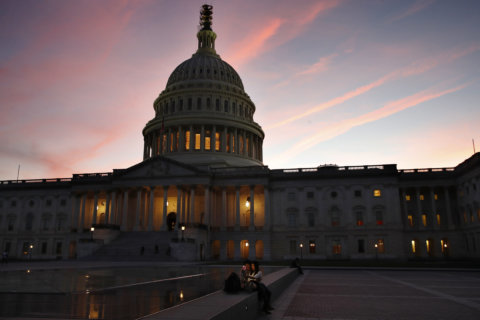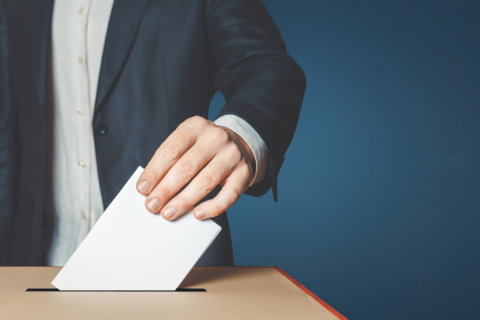
WASHINGTON — After picking through the list of federal, state and local candidates for office, voters in Maryland will find ballot questions to answer in the voting booth.
A “Yes” vote on Question 1 would create a so-called “lockbox” for education using revenues from casinos.
“The idea being that proceeds from casino gambling go to one of the most popular functions of government there is: the education of the next generation,” said Bruce DePuyt, senior reporter with Maryland Matters.
But, it’s a bit more complex than that. The language of the constitutional amendment requires the governor to use casino money to supplement school spending that’s laid out in the state-mandated funding formula, known as the Thornton plan. The ballot question also requires the governor to detail how gambling money is spent on education in the annual budget.
Todd Eberly, an associate professor of political science at St. Mary’s College of Maryland, said that though education is clearly a priority in Maryland, there is a potential downside to the lockbox formula.
“In many respects, this is tying the hands of policymakers when it comes to that pool of money,” Eberly said.
At the national level, Eberly said arguments against a balanced-budget amendment are often made, citing the need to have flexibility in the event of national calamities or fiscal downturns. Similar arguments are made against the lockbox at the state level.
“It’s nice to know there’s some degree of flexibility available to the people who set our budget, and this takes some of that flexibility away,” Eberly said.
Eberly and DePuyt said there’s another element in the lockbox legislation — an expected change in the state’s current education funding formula.
The Thornton plan, or “The Bridge to Excellence In Public Schools Act,” was passed in 2002. But soon, the report from a blue-ribbon panel, the Kirwan Commission, is expected to issue its report on future education goals for the state.
Eberly said, “We don’t know what the Kirwan requirements are going to be. If they are significantly higher than we were already expecting under Thornton, then it’s that much more that we have to come up with through tax revenue,” and he added the casino money would supplement that funding.
“A big question going into next year, regardless of who the governor is, is will the legislature and the state attempt to step up and meet what is expected to be a fairly high bar,” DePuyt said.
The second ballot question would authorize lawmakers to come up with legislation to allow for same-day registration on Election Day.

